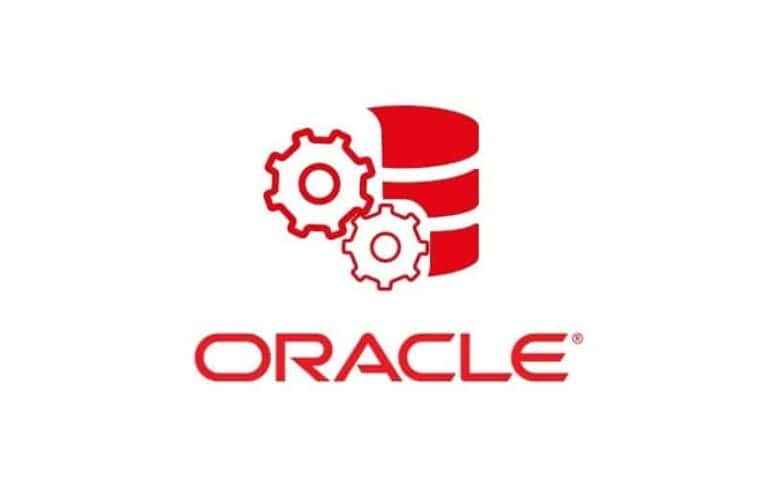Oracle Database can now be used directly by AI assistants via the Model Context Protocol (MCP). Oracle is integrating the technology into its command-line tool SQLcl to provide database connectivity to any AI assistant that supports MCP.
The new functionality opens up possibilities for agentic workflows. Whereas AI assistants could previously only generate SQL code, they can now execute queries directly and evaluate results. This means that an AI agent can implement advice and assess the consequences.
For example, a developer who inherits a poorly documented project can ask an AI assistant to explain the database structure. The AI assistant then generates SQL queries, executes them, and analyzes the results.
Implementation via Oracle SQLcl ensures that existing security measures remain in place. Credentials are managed locally, and the connection uses the same protocols as regular database interactions. For organizations already working with SQLcl, MCP support requires no changes to their existing security architecture.
Standardization simplifies access
Since its introduction by Anthropic, the Model Context Protocol has garnered widespread platform support. With this adoption, Oracle Database seems to see an opportunity to offer AI assistants direct connectivity.
Until MCP, developers had to write custom code each time to enable AI models to communicate with data sources. The protocol now standardizes this connectivity, making Oracle Database immediately available on all platforms that support MCP.
This positions Oracle as one of the first major database vendors to offer direct MCP support. With AI agents supporting an increasing number of business processes, this early adoption could give Oracle a head start in AI-driven database management.
Security remains essential
Oracle emphasizes that AI access to databases requires the same security considerations as traditional access. The company strongly recommends using only databases with minimal user privileges for AI assistants. Production environments should be avoided; instead, organizations are better off working with cleaned-up, read-only replicas.
The Oracle SQLcl MCP server identifies itself in database sessions via MODULE and ACTION features. All interactions are logged in a DBTOOLS$MCP_LOG table within the user schema. This logging enables the monitoring of executed queries and the detection of suspicious activity.
